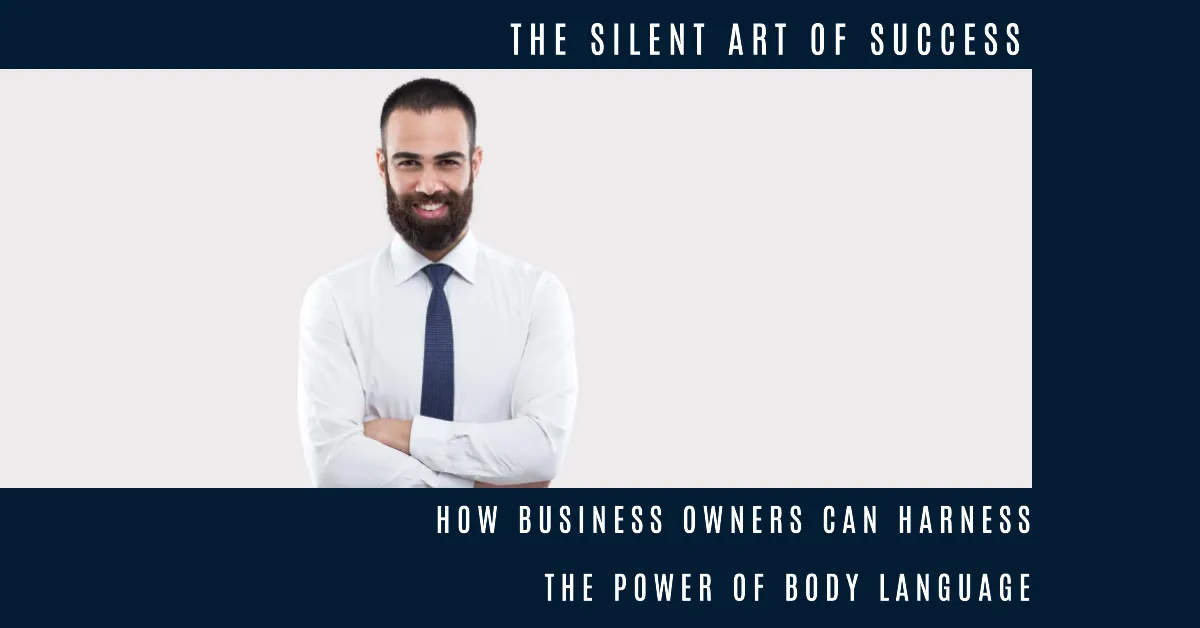Open Your Wings with Hypnosis
Hypnosis focuses largely on the emotional charge to a situation, circumstances, or belief. By altering the underlying emotional charges associated with a circumstance or belief, it allows the emotive part of your mind to make changes that are otherwise nearly impossible to become conscious of, let alone to change.
These types of emotional charges are often at the core of repeated limiting and self-destructive behaviors and can be very frustrating to try and overcome otherwise. By experiencing deep relaxation that puts inhibitions aside while in a hypnotic state, you are able to converse and interact with your practitioner by accessing your unconscious mind to address and change emotional undercurrents that limit you, so you can make those fundamental internal changes to achieve.
Often, learning new habits create a new sense of obligation and a need or desire to explore these new habits. I will take you through this process effectively using small commitments that help you create new unconscious emotive charges and behaviors, because these small commitments eventually lead to larger commitments so you can behave, act, think and feel the way you want to.
In essence, your successful hypnosis therapy depends on two major elements,
- the willingness to change, and
- the constant belief that your goal will be reached.
Contrary to popular belief, falling asleep while hypnotized will not improve the outcome. In fact, if you are not aware during hypnosis, you will see no benefits, so it is important that you arrive at your session well rested.
You will begin preparing for successful hypnosis therapy by first discussing a constructive goal with your hypnotherapist – What do you want to achieve? Where do you want to be when your sessions are complete? What problems or challenges in your life do you want to address and overcome? This will become the foundation for your therapeutic hypnosis sessions.
Using a combination of soothing tones and vivid imagery, you will be slowly introduced to a trance-like state in which you are very relaxed, but also very aware of everything around you.
In fact, you’ll experience heightened awareness, rather than a decrease of awareness, or being put to sleep. The words “hyper-alert” and “hyper-aware” are often used to describe your state while hypnotized.
At its heart, hypnosis is about linguistics (language), not shiny pocket watches. Word choice is the cornerstone of hypnosis treatment. Specific language is used by your hypnotherapist to help you reach the desired trance state, combined with imagery (also word-based). Tone changes, pitch changes, and alterations in cadence are therefore crucial components. A professional hypnotherapist uses language to slow down perception and help you enter a state of deeper relaxation in order to effectively use hypnosis. This is because once you are comfortable and relaxed in a hypnotic state, it becomes easier to address things like:
- Age regression to revisit personal historic experiences
- Approaching traumatic events to treat phobias
- The exploration of uncomfortable feelings that occurfrequently
- Sportsperformance
- Professionalperformance
- Habit formation (the underlying reasons for the habit) isaddressed
I will use language to create a complete sensory experience, including feel, smell, hearing, taste, and sight. The complete sensorial experience creates an experience that is as realistic as possible, so you can retain new information and learn.
You see, your unconscious is always awake and active. Your unconscious mind is the part of your brain that controls involuntary or automatic processes, like breathing and blood pressure. It also controls other key aspects of your behavior, like your habits and emotions. For instance, if you started smoking years ago, your unconscious mind has become convinced that cigarettes are somehow important to you through repetition. So, your unconscious mind perpetuates and reinforces the habit, which is why you may still crave a cigarette even years after quitting smoking. In other words, your unconscious mind is where those pesky, deeply engrained habits and behaviors reside.
Hypnosis is an instrument you can use to update your unconscious mind with new, more important information and eliminate old, outdated information. It works by bypassing your conscious mind (the part of your brain that analyzes information, uses logic, and thinks critically), to allow you to have a direct line of contact with your unconscious mind.
What Determines the Success of Hypnosis?
While hypnosis is a powerful tool for dealing with everything from chronic pain to stress, anxiety and traumatic experiences in your past, there are many factors that can affect the results you are able to achieve.
What aspects impact your success with using hypnosis as an effective treatment?
Your Mindset: One of the most important factors that determines the results of your hypnosis treatment is you, yourself. You must be dedicated and committed to the process. After all, you’re the one in control of whether you accept or refuse hypnotic suggestions. If you are unwilling to work with your teacher, you will not see any benefits from hypnosis.
In fact, researchers at Ohio State University recently discovered that the motivation was central to seeing success with hypnosis treatment.
Lead researcher in this study, Assistant Professor of Psychology Joseph P. Green stated that:
“Our research suggests that all the things that affect social behavior – expectations, beliefs, instructions, cues – will affect hypnotic behavior.”
In certain cases, this may require a “suspension of disbelief” similar to what you experience when reading a book or watching a movie. For others, it simply requires an affirmation of your commitment to reach your specific goal.
Your Expectations: You are at the center of how effective your hypnosis treatment is, so it is crucial that you have realistic expectations. If your expectations are too high, you are setting yourself up for failure. If your expectations are too low, you likewise undermine your treatment.
Therefore, it is so critical for you to understand what hypnosis is and how and why is works.
Truly, hypnosis is the process of taking small steps over a period of time in order to make a larger leap.
Hypnosis is not magic, and it is not a cure in and of itself. It is a tool that must be combined with the right techniques if you want to achieve your goals. If you’re expecting to lose 25 pounds a week after just a single session, you will be disappointed. Optimism about the treatment is important, but so are realistic expectations. It takes time to achieve goals, and it requires more than a single session in many instances to gain results.
Your Motivation: What motivated you to seek out hypnosis in the first place? While there are many types of good motivation, there are also bad motivators. For instance, if you’re interested in hypnosis because someone told you to do it, rather than out of a belief that it will work, you lack the right motivation.
Likewise, if you are interested in hypnosis because you believe it will magically make you better overnight, you’re using the wrong motivation. What you truly need is a genuine desire to change the situation, and a belief that hypnosis, combined with the right treatment methods and techniques, will help you to reach that goal.






